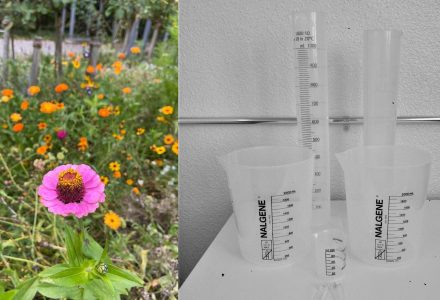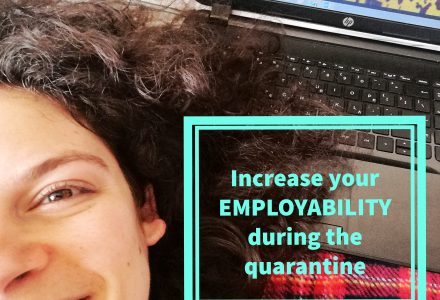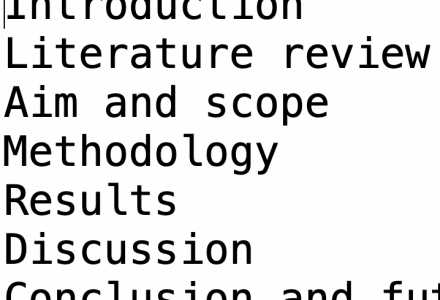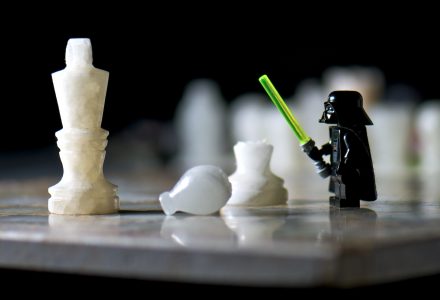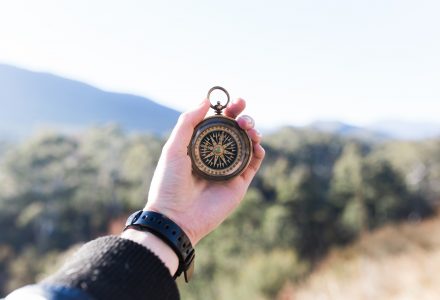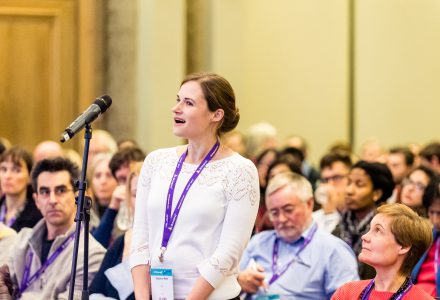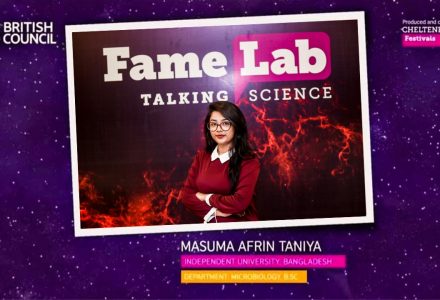
Young researchers: finding passion for science and enjoy the twists and turns of the journey!
Masuma Afrin Taniya is a senior year undergraduate research student studying Microbiology at Independent University, Bangladesh. During her time in the program, she has participated in several public speaking and essay writing competitions notably Famelab international, Hult-prize competition, Nature’s essay writing competition, and Sanger prize competition. From these competitions, She has acquired public speaking skills, good writing skills, confidence to distill complex ideas and communicate effectively to a non-specialist audience. In this article, she shares many vital tips for young readers who aspire to become a researcher.




